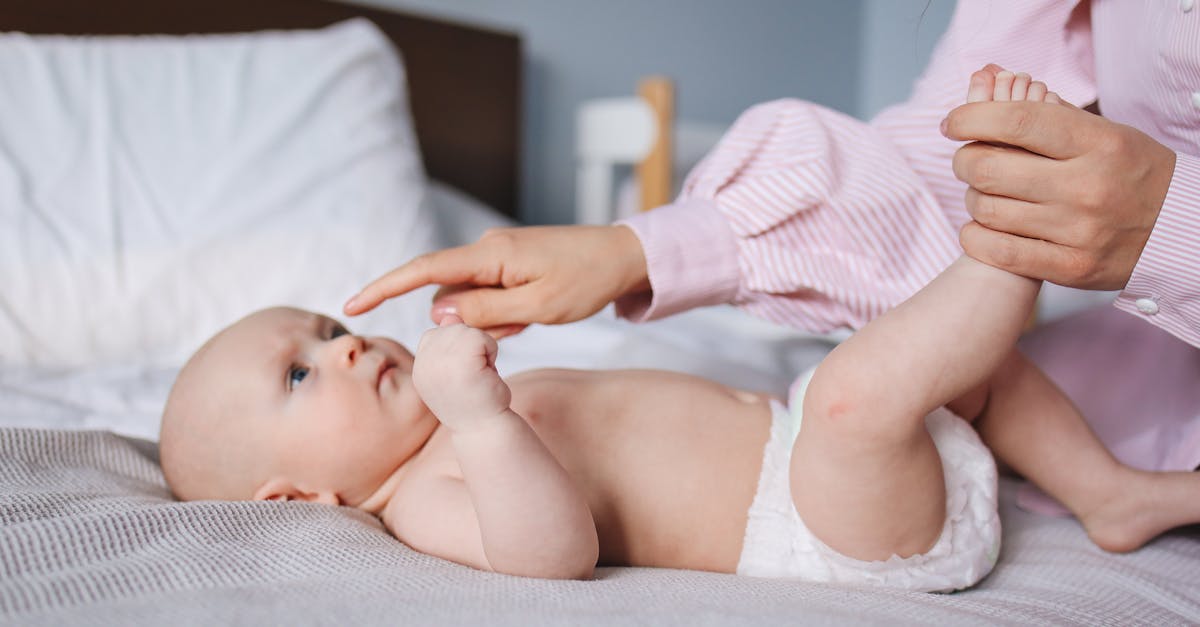The Power of Play: A Brain-Boosting Start
Who knew that the key to unlocking your baby’s brain potential could be found in the middle of giggles and tossed blocks? It turns out; playtime is more than just fun. It’s the foundation of brain development. Integrating simple, interactive games can stimulate cognitive growth, fostering a love for learning that lasts a lifetime. Here’s a slice of the magic and how you can get started today.

Play is a powerful tool in a child’s development. Through play, children learn to solve problems, be creative, and develop social skills. It’s not just about having fun; it’s about building essential skills for the future.
Benefits of Play:
- Enhances cognitive skills
- Boosts creativity
- Improves social skills
- Develops problem-solving abilities
By engaging in play with your baby, you are laying the groundwork for their future learning and development. Simple activities like peek-a-boo, building blocks, or singing songs together can have a profound impact on your child’s brain.
Start incorporating playtime into your daily routine and witness the magic unfold as your baby’s brain lights up with excitement and curiosity!
Peek-a-Boo: A Classic with Benefits
Peek-a-boo isn’t just a game to make your baby laugh; it’s a cognitive workout. When you cover your face with your hands or a cloth and suddenly reappear, you’re teaching them about object permanence. This game is a brain teaser, teaching your little one that even when they can’t see something, it still exists. Plus, it’s a hoot!

Sensory Bags: Touch and Learn
Sensory bags are like the cool aunts and uncles of traditional toys; they’re fun, unpredictable, and a little bit messy. Filling plastic bags with various textures and items, like hair gel and glitter or water beads, provides a safe and exciting way for babies to explore their senses. Touch, see, and squish—every interaction is a step towards cognitive development.

Conclusion
Sensory bags offer a unique sensory experience for children, making learning engaging and fun. Try creating different sensory bags to stimulate various senses and watch your little ones’ curiosity and creativity blossom!
Music and Movement: Groove Your Way to Growth
Have you ever noticed how babies seem to have their own kind of rhythm? Music and movement activities harness this natural groove. Dancing with your baby or shaking rattles helps them develop motor skills and coordination. Moreover, it introduces them to sounds and rhythms, laying down the beats of language learning and auditory processing.

Music and movement play a crucial role in early childhood development. They provide a sensory-rich environment that stimulates various areas of a child’s brain. Through these activities, children learn to express themselves creatively, build social connections, and enhance their cognitive abilities.
Benefits of Music and Movement for Children:
- Motor Skills Development: Engaging in movement activities helps children improve their coordination, balance, and agility.
- Language and Communication: Exposure to different sounds and rhythms enhances language development and communication skills.
- Emotional Expression: Music allows children to express their emotions and feelings in a safe and creative way.
- Social Interaction: Group music and movement activities help children develop social skills such as cooperation and teamwork.
Integrating music and movement into a child’s daily routine can have long-lasting benefits on their overall development. So, put on some music, get moving, and groove your way to growth!
Storytime: Journey through Words
Storytime is like a mini adventure, a voyage through words and pictures that sparks imagination and empathy. Reading aloud to your baby, pointing at and describing illustrations, enriches their vocabulary and listening skills. This daily quest into the land of stories builds the foundation for literacy and a lifelong love for reading.

Puzzle Time: Thinking Caps On
If you’ve watched a baby trying to fit a square block into a round hole, you’ve seen the gears turning in their tiny head. Puzzles, even simple ones, teach problem-solving skills and patience. They’re peeking into the world of shapes, sizes, and spatial awareness, all while mastering the art of trial and error. It’s fascinating to witness the moments of triumph as pieces find their rightful place.

